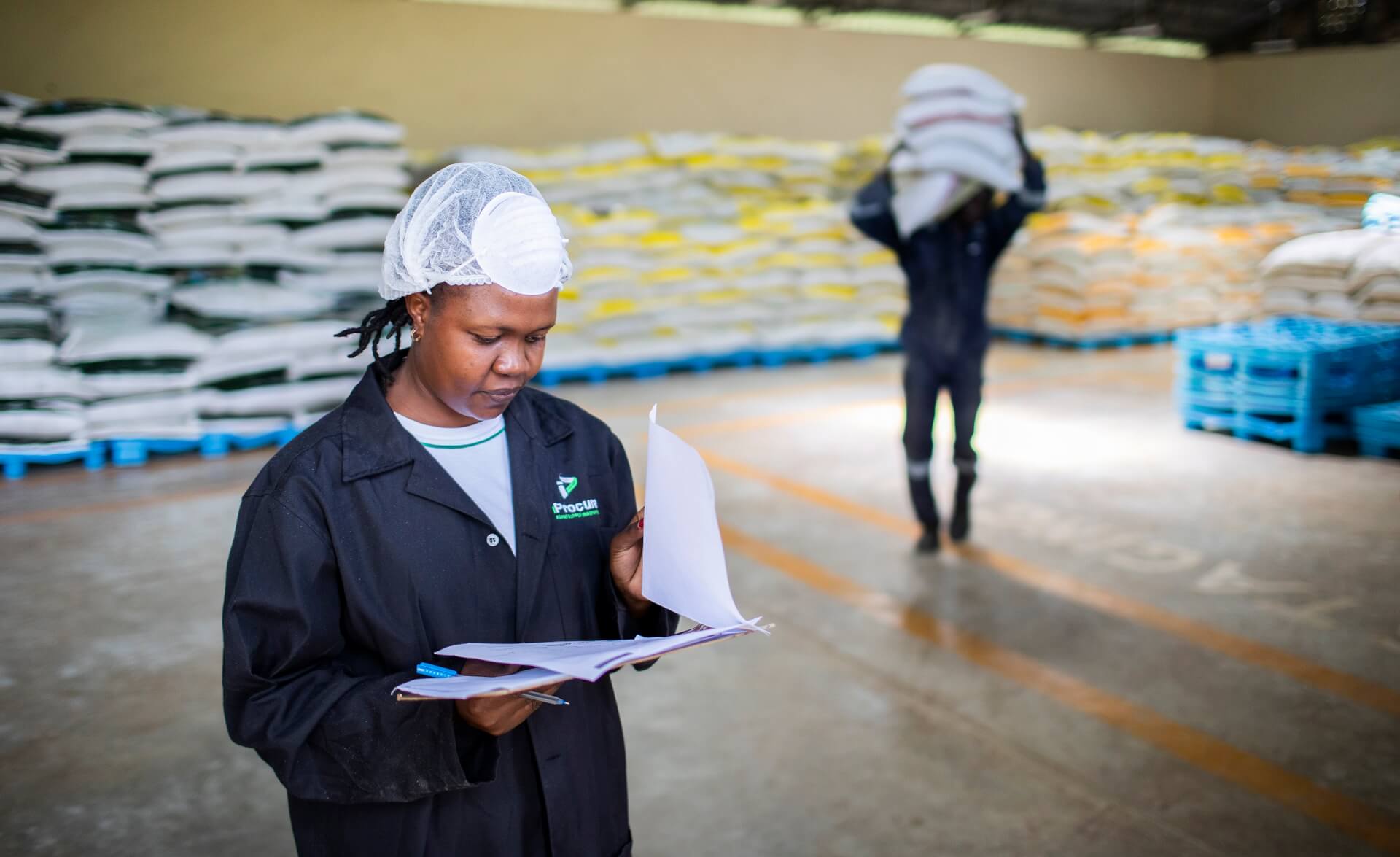iProcure, the Kenyan agritech startup backed by Safaricom’s Spark Fund, is now under administration after failing to settle undisclosed debts.
KPMG’s advisory arm was appointed the administrator and will be tasked with reviving the company. If it fails to revive the company, it will consider liquidation as a final resort to ensure creditors recover their money.
iProcure was founded in 2013 by Stefano Carcoforo, Nicole Galletta, Patrick Wanjohi and Bernard Maingi to help distributors of agricultural inputs like fertilisers source products from manufacturers. The Nairobi-based firm raised $17.2 million from investors to expand and develop its technology stack.
Makenzi Muthusi, the KPMG-appointed administrator, will take control of the company’s offices, assets, and operations. Muthusi will also manage all the claims coming from other undisclosed creditors.
“Following the appointment, all the affairs and business and properties of the company are being managed by the Administrator. The directors of the company no longer have any power or authority to deal with these matters,” KPMG said in a notice.
“Any party having a claim against the company should submit their claim in writing, with relevant supporting documentation to the Administrator on or before 14 May 2024 for consideration.”
iProcure did not immediately respond to a request for comments.
Muthusi, the court-appointed administrator, was unavailable to provide comments.
At least 10 Kenya-based startups, including Notify Logistics, WeFarm and Kune, have shut down since 2021 because of worsening macroeconomic conditions and a funding winter that has hit tech firms across Africa.
According to the Mozilla Foundation, startups in the agriculture and logistics sectors struggle the most to get the right product-market fit amid over-regulation of products, inputs, and equipment in most African countries.
“The common challenges faced by agritech startups include adoption and awareness, connectivity and infrastructure, data quality and integration, and regulatory and policy environment where compliance with agricultural regulations, policies, and environmental standards,” Mozilla Foundation said in a report released in February 2024.



















